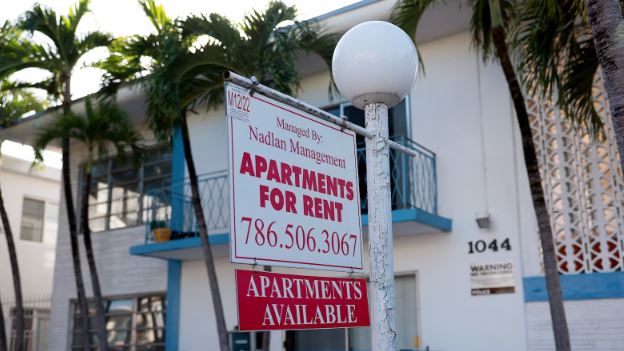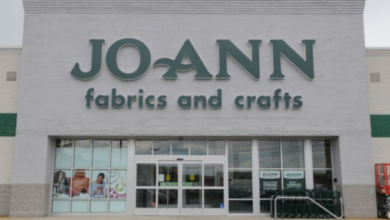Rising Rent Concerns: Americans Caught Between Living Costs and Bills

Across the United States, a growing number of individuals are voicing their concerns over the rising rent burden, finding themselves in a precarious position where they must choose between essential living expenses and fulfilling other financial obligations. This dilemma, expressed in the stark terms of “I eat or I pay my bills,” encapsulates the anxiety and hardship faced by many Americans as housing costs continue to climb.
The surge in rental prices has outpaced income growth for numerous households, forcing residents to allocate a larger portion of their earnings towards housing. This imbalance has led to heightened fears about financial stability, with some individuals struggling to afford basic necessities such as food and healthcare, let alone additional bills.
Economic experts point to a combination of factors contributing to this crisis, including a shortage of affordable housing, rising demand in the rental market, and the lingering effects of economic disruptions. The situation is exacerbated in major metropolitan areas and suburban regions where the cost of living has historically been higher.
In response to these challenges, advocacy groups and policymakers are calling for a multifaceted approach to address the rent burden. Proposals include increasing the availability of affordable housing, implementing rent control measures, and enhancing support for low-income families through subsidies and assistance programs.
The personal stories emerging from this crisis highlight the urgent need for action to prevent further financial strain on Americans. As the debate over solutions continues, the voices of those affected offer a poignant reminder of the real-world impacts of the housing affordability crisis.
This issue not only affects individual well-being but also has broader implications for economic health and social equity. As such, addressing the rent burden requires concerted efforts from all sectors of society to ensure that Americans do not have to choose between essential needs and financial obligations.




